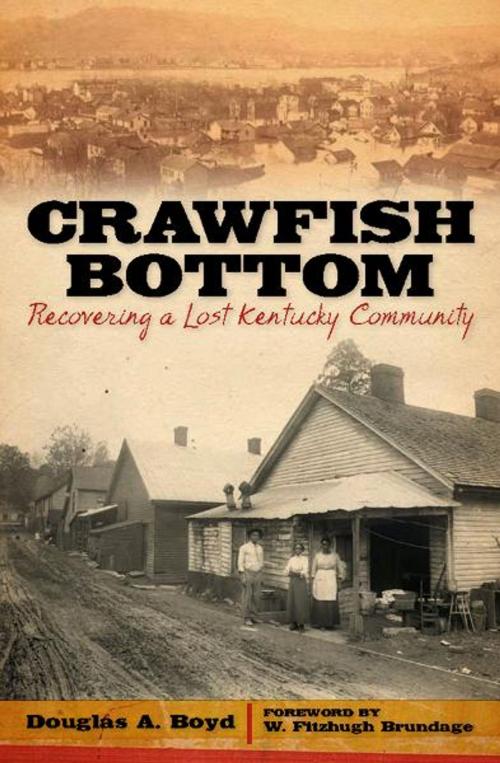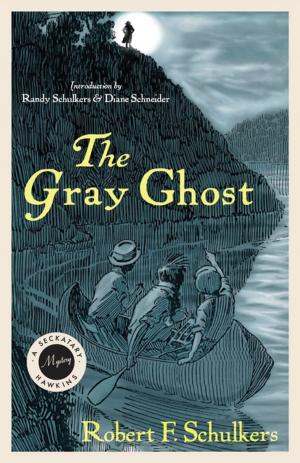Crawfish Bottom
Recovering a Lost Kentucky Community
Nonfiction, Social & Cultural Studies, Social Science, Cultural Studies, African-American Studies, History, Americas, United States| Author: | Douglas A. Boyd | ISBN: | 9780813140124 |
| Publisher: | The University Press of Kentucky | Publication: | July 6, 2011 |
| Imprint: | The University Press of Kentucky | Language: | English |
| Author: | Douglas A. Boyd |
| ISBN: | 9780813140124 |
| Publisher: | The University Press of Kentucky |
| Publication: | July 6, 2011 |
| Imprint: | The University Press of Kentucky |
| Language: | English |
A small neighborhood in northern Frankfort, Kentucky, Crawfish Bottom was located on fifty acres of swampy land along the Kentucky River. "Craw's" reputation for vice, violence, moral corruption, and unsanitary conditions made it a target for urban renewal projects that replaced the neighborhood with the city's Capital Plaza in the mid-1960s.
Douglas A. Boyd's Crawfish Bottom: Recovering a Lost Kentucky Community traces the evolution of the controversial community that ultimately saw four-hundred families displaced. Using oral histories and firsthand memories, Boyd not only provides a record of a vanished neighborhood and its culture but also demonstrates how this type of study enhances the historical record. A former Frankfort police officer describes Craw's residents as a "rough class of people, who didn't mind killing or being killed." In Crawfish Bottom, the former residents of Craw acknowledge the popular misconceptions about their community but offer a richer and more balanced view of the past.
A small neighborhood in northern Frankfort, Kentucky, Crawfish Bottom was located on fifty acres of swampy land along the Kentucky River. "Craw's" reputation for vice, violence, moral corruption, and unsanitary conditions made it a target for urban renewal projects that replaced the neighborhood with the city's Capital Plaza in the mid-1960s.
Douglas A. Boyd's Crawfish Bottom: Recovering a Lost Kentucky Community traces the evolution of the controversial community that ultimately saw four-hundred families displaced. Using oral histories and firsthand memories, Boyd not only provides a record of a vanished neighborhood and its culture but also demonstrates how this type of study enhances the historical record. A former Frankfort police officer describes Craw's residents as a "rough class of people, who didn't mind killing or being killed." In Crawfish Bottom, the former residents of Craw acknowledge the popular misconceptions about their community but offer a richer and more balanced view of the past.















